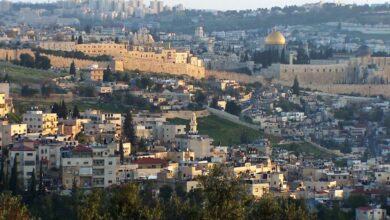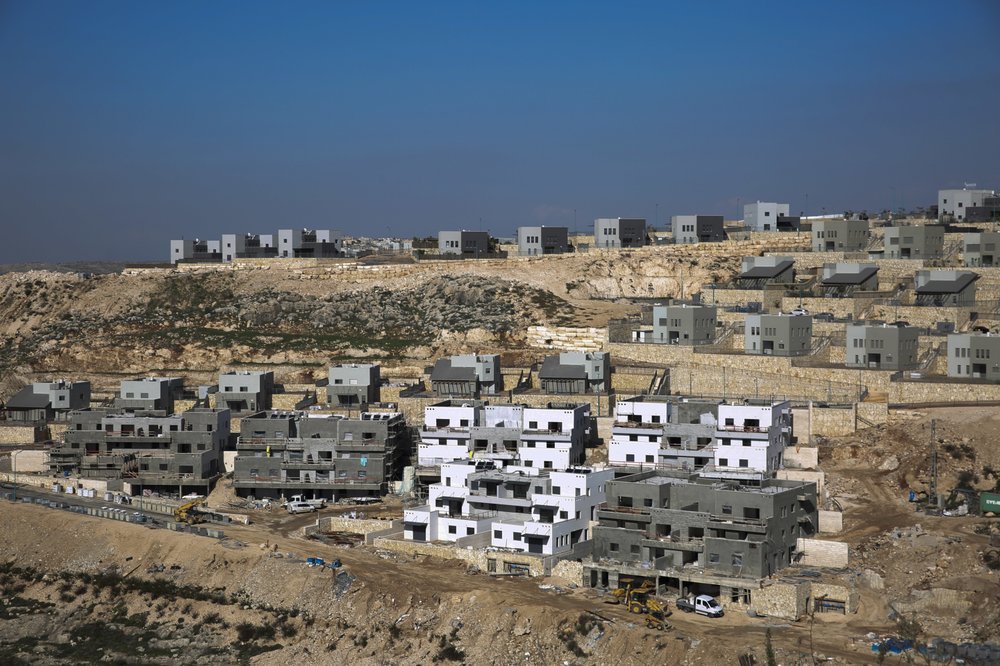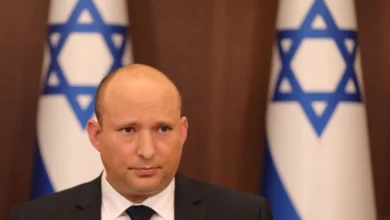Jerusalem–Israel has rejected a proposal to extend by three months a West Bank settlement building freeze whose looming expiration threatens to sink peace talks, officials close to the negotiations said on Thursday.
Egyptian President Hosni Mubarak told Israel's Channel 1 television on Thursday he proposed a three-month extension of the moratorium in a meeting with Prime Minister Benjamin Netanyahu on Wednesday.
Netanyahu, Palestinian President Mahmoud Abbas and US Secretary of State Hillary Clinton attended peace talks hosted by Mubarak in Egypt's Red Sea resort of Sharm el-Sheikh on Tuesday.
Clinton met Abbas in the West Bank city of Ramallah on Thursday in an attempt to break the deadlock.
Looming over the negotiations is a Palestinian threat to pull out of the nascent talks if new construction begins in the West Bank settlements when the 10-month moratorium ends on Sept. 30.
"I spoke with him (Netanyahu) about the issue and told him to give it another three months during the negotiations," Mubarak said in an excerpt from the interview aired on Israel Radio.
He said borders of a Palestinian state could be negotiated during the extension. Israel has said such a deal could entail a land swap under which it would keep major settlement blocs in the West Bank.
Once frontier lines were agreed, Mubarak said, Israel could build within its future borders and Palestinians could do the same — effectively resolving the moratorium issue and keeping the peace talks alive.
Officials close to the talks said the United States had made a similar proposal and Netanyahu, whose governing coalition is dominated by pro-settler parties, turned it down.
In a statement, Netanyahu's bureau said it would not comment on the substance of the negotiations but that he was standing by his position not to extend the moratorium. He has said, however, he intends to limit the scope of future construction.
US officials travelling with Clinton declined to comment on Israel's response. But the United States said on Wednesday it believed Israel and the Palestinians were making progress on ending the settlement dispute.
The settlements are on territory captured by Israeli forces from Jordan in the 1967 Middle East war and are deemed by the World Court to be illegal, a finding disputed by Israel.
Palestinians fear that settlements will deny them a viable and contiguous country.
Meeting in Brussels on Thursday, European leaders will call on Israel to extend the moratorium according to a draft of the summit conclusions seen by Reuters.
Washington has set a one-year target for resolving major issues dividing the two sides in a Palestinian drive for a state. US Middle East envoy George Mitchell said Israeli and Palestinian negotiators would meet next week and set a new date for leaders to convene.
The status of Jerusalem, the fate of Palestinian refugees, the borders of a future Palestinian state and security arrangements are the main issues Abbas and Netanyahu would have to resolve to secure a permanent peace deal.
As part of US President Barack Obama's drive for a wider peace between Israel and the Arab world, Mitchell planned to travel to Syria on Thursday for talks with Syrian President Bashar al-Assad and then to Lebanon to meet Lebanese leaders.
In the Hamas-run Gaza Strip overnight, Israeli aircraft carried out three air strikes against suspected militant targets after rocket and mortar bomb attacks on Israel. No casualties were reported in the incidents.




